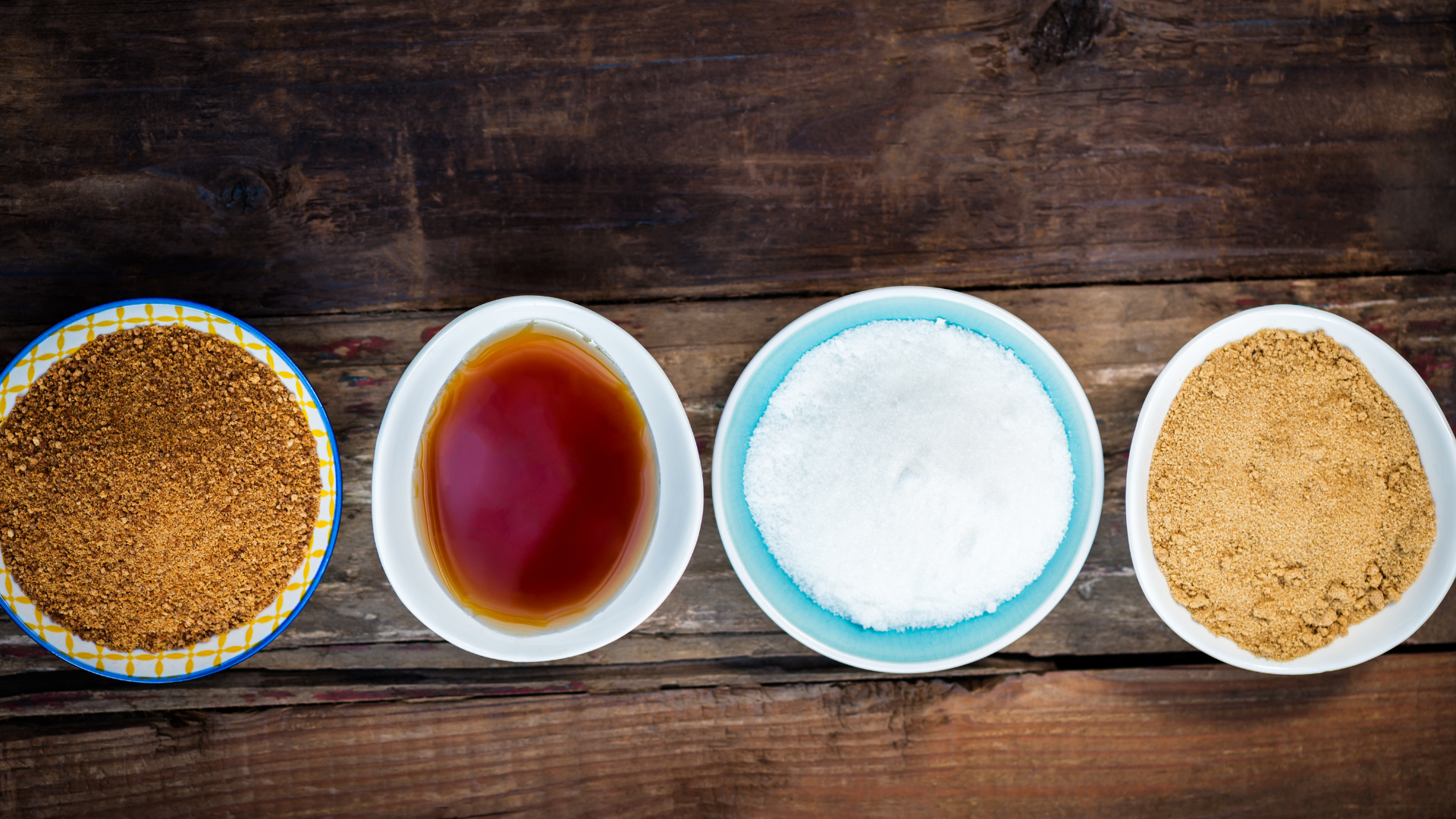The Edualgae project, in which the research group Biotechnology of the Coordination between Development and Adaptation to Environmental Conditions in Plants (Padella) of the University of Valencia participates, together with the companies Juan y Juan Industrial S.L.U (Vicky Foods Group), and Bionos Biotech S.L, incorporates a production of ribitol superior to other plant sources and is obtained with sustainable and circular production
The Council of Innovation, Industry, Commerce and Tourism finances through Ivace+i Innovación the development of an R & D project to obtain natural sweeteners from liquen microalgae such as Asterochloris erici. In this way, it is intended to replace sugar, partially or totally, in pastry and bakery products with ingredients of natural origin and less glycemic impact.
Edualgae aims to "optimize" the processes needed to obtain sugar substitutes on an industrial scale through "more sustainable" techniques than those currently employed. To this end, we are investigating how to scale up the cultivation of microalgae and improve the removal of water from biomass through lyophilization techniques, while advancing in the characterization of different polyols, with a special incidence of ribitol. These types of alcohols are used as low-calorie sweeteners for the food industry.
A sustainable and healthy alternative to sugar
Unlike traditional methods based on the catalytic hydrogenation of xylose, processes for which a "large amount of energy and resources" is invested and which depend on manual or semi-automated observations, 'Edualgae' incorporates a higher ribitol production than other plant sources. This sweetener obtained through a sustainable and circular production promotes an elaboration "more efficient and with a lower environmental footprint".
In addition to the environmental benefits, the approach of this initiative offers nutritional and public health benefits by helping to reduce caloric content and glycemic load in food "without the need for artificial sweeteners".
In addition to the environmental benefits, the approach of this initiative provides nutritional and public health benefits as it helps to reduce caloric content and glycemic load in food "without the need to resort to artificial sweeteners"
The project, which is entering its final year, has been delayed due to "complications" in the cultivation of microalgae. Certain environmental conditions such as temperature negatively affect their growth and contribute to the proliferation of other more resistant harmful species "with greater ease". This has necessitated a "methodological adjustment" in the scaling phase to implement more accurate environmental control systems.
This second phase guarantees the stability of the product, its nutritional value and the safety that its consumption implies, by incorporating complementary ingredients and carrying out different sensory tests and technological adjustments.
About the Edualgae project
This project, called 'Edualgae', involves the research group in Biotechnology of the Coordination between Development and Adaptation to Environmental Conditions in Plants (Padella) of the University of Valencia, in which Pedro Carrasco participates, director of the University of Valencia Science Park (PCUV); the company Bionos Biotech; as well as Juan y Juan Industrial, a company of Vicky Foods; who also acts as coordinator of this consortium. Bionos is responsible for preparing the results reports of the various validation tests, in addition to collaborating on other actions within the framework of the initiative. Regarding the work of the University of Valencia, the centre brings its expertise in the isolation and culture of lichen microalgae, as well as metabolomic techniques for polyol characterization.
'Edualgae' is aligned with the first challenge of Food Production and Health of the Strategic Innovation Committee Specialized in Agrofood, which advocates to identify and obtain alternative compounds based on sweeteners, as well as slow-absorbing sugars and natural ingredients that promote foods with lower sugar, fat and salt content. The initiative has financial support from the European Union, through the European Regional Development Fund (ERDF) Valencia for the period 2021-2027.
Source: La Vanguardia
Recent Posts


